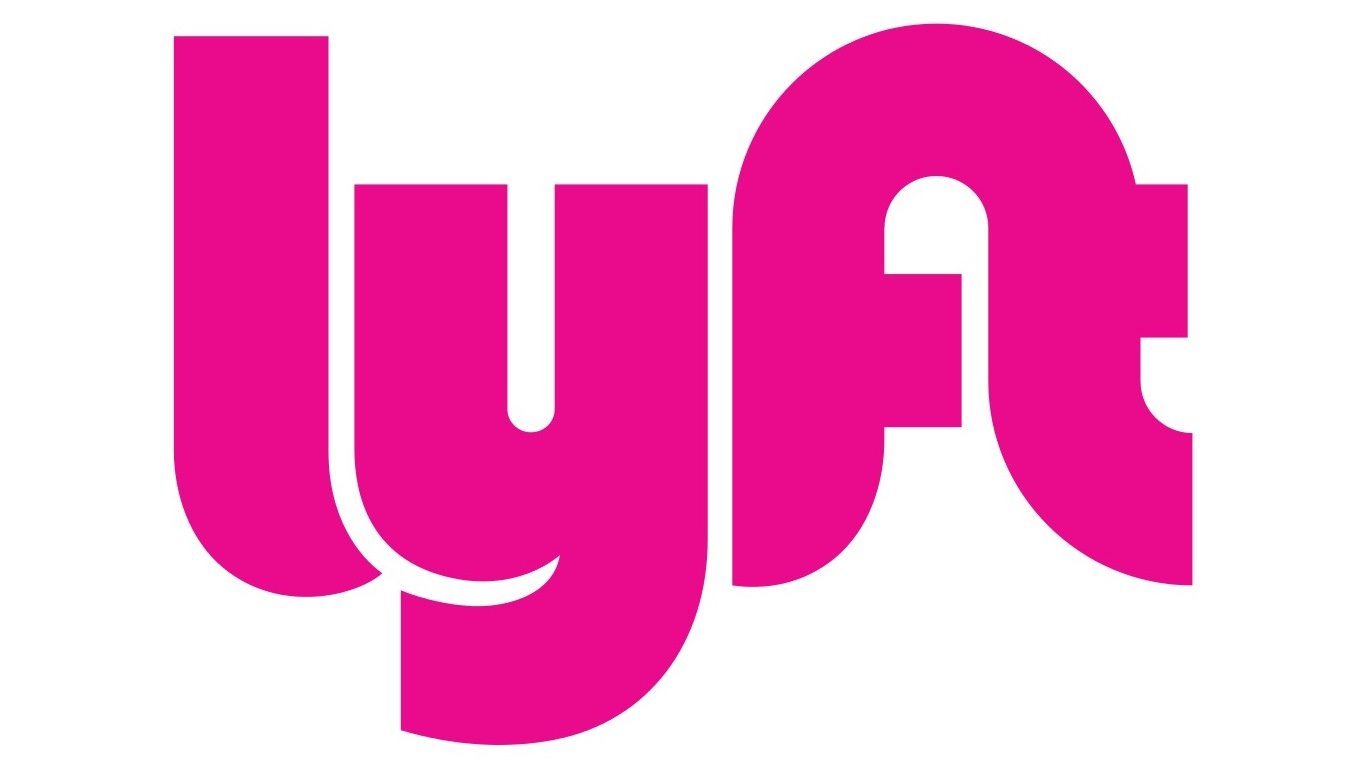

Ride-hailing service Lyft has filed an amended Form S-1 with the U.S. Securities and Exchange Commission (SEC) seeking an initial public offering (IPO) of some 30 million shares of the company’s stock at an IPO price between $62 and $68 a share. At those numbers, Lyft could raise approximately $2 billion at a valuation of $21 billion to $23 billion.
Like many other tech firms, Lyft will issue both Class A and Class B shares, which are identical except that one Class B share gets 20 votes while Class A shares get only one vote per share. Co-founders CEO Logan Green and President John Zimmer will own 29.31% and 19.45%, respectively, of the voting power of the company’s outstanding shares. Together the two men will control nearly 49% of Lyft’s voting power.
The company has reserved 1.5 million shares for its directors, certain employees, “friends and families” of the directors and these employees, and some drivers. The underwriters have an overallotment option on an additional 4.6 million shares.
Lead underwriters are JPMorgan, Credit Suisse and Jefferies. The full list of underwriters includes UBS Investment Bank, Stifel, RBC Capital Markets, KeyBanc Capital Markets, Cowen, Raymond James, Canaccord Genuity, Evercore ISI, Piper Jaffray, JMP Securities, Wells Fargo Securities, KKR, Academy Securities, Blaylock Van, Penserra Securities, Siebert Cisneros Shank and The Williams Capital Group.
The IPO is expected to be one of the largest since the 2014 offering by Chinese e-commerce giant Alibaba and the largest since the March 2017 IPO of Snap, which raised around $3.4 billion and valued the messaging company at about $33 billion. Snap’s market cap now sits at around $14.75 billion.
Lyft now claims to have provided more than a billion in cumulative rides over time from more than 300 markets it operates in the United States and Canada. It also claims to have some 18.6 million active riders and over 1.1 million drivers as of the end of 2018. Its network of active riders also increased by 47% in the fourth quarter of 2018, compared to the same period in 2017.
The “Risk Factors” of any IPO is a long list of issues, but some of the key ones mentioned up front are that Lyft’s limited operating history and evolving business make it difficult to evaluate future prospects, and there are no real earnings here, with a history of net losses, and it may not be able to achieve or maintain profitability in the future.
Current owners of more than 5% of the outstanding shares include Rakuten Europe (13.05%), General Motors (7.76%), Fidelity (7.71%), Andreessen Horowitz (6.25%) and Alphabet (5.33%).
Lyft beat rival Uber to the IPO starting line, but the larger Uber is expected to be valued at as much as $120 billion, according to a report in The Wall Street Journal.
Monday’s filing means Lyft can begin its roadshow for institutional investors, and the IPO could occur as soon as March 29.
Essential Tips for Investing: Sponsored
A financial advisor can help you understand the advantages and disadvantages of investment properties. Finding a qualified financial advisor doesn’t have to be hard. SmartAsset’s free tool matches you with up to three financial advisors who serve your area, and you can interview your advisor matches at no cost to decide which one is right for you. If you’re ready to find an advisor who can help you achieve your financial goals, get started now.
Investing in real estate can diversify your portfolio. But expanding your horizons may add additional costs. If you’re an investor looking to minimize expenses, consider checking out online brokerages. They often offer low investment fees, helping you maximize your profit.
Thank you for reading! Have some feedback for us?
Contact the 24/7 Wall St. editorial team.



